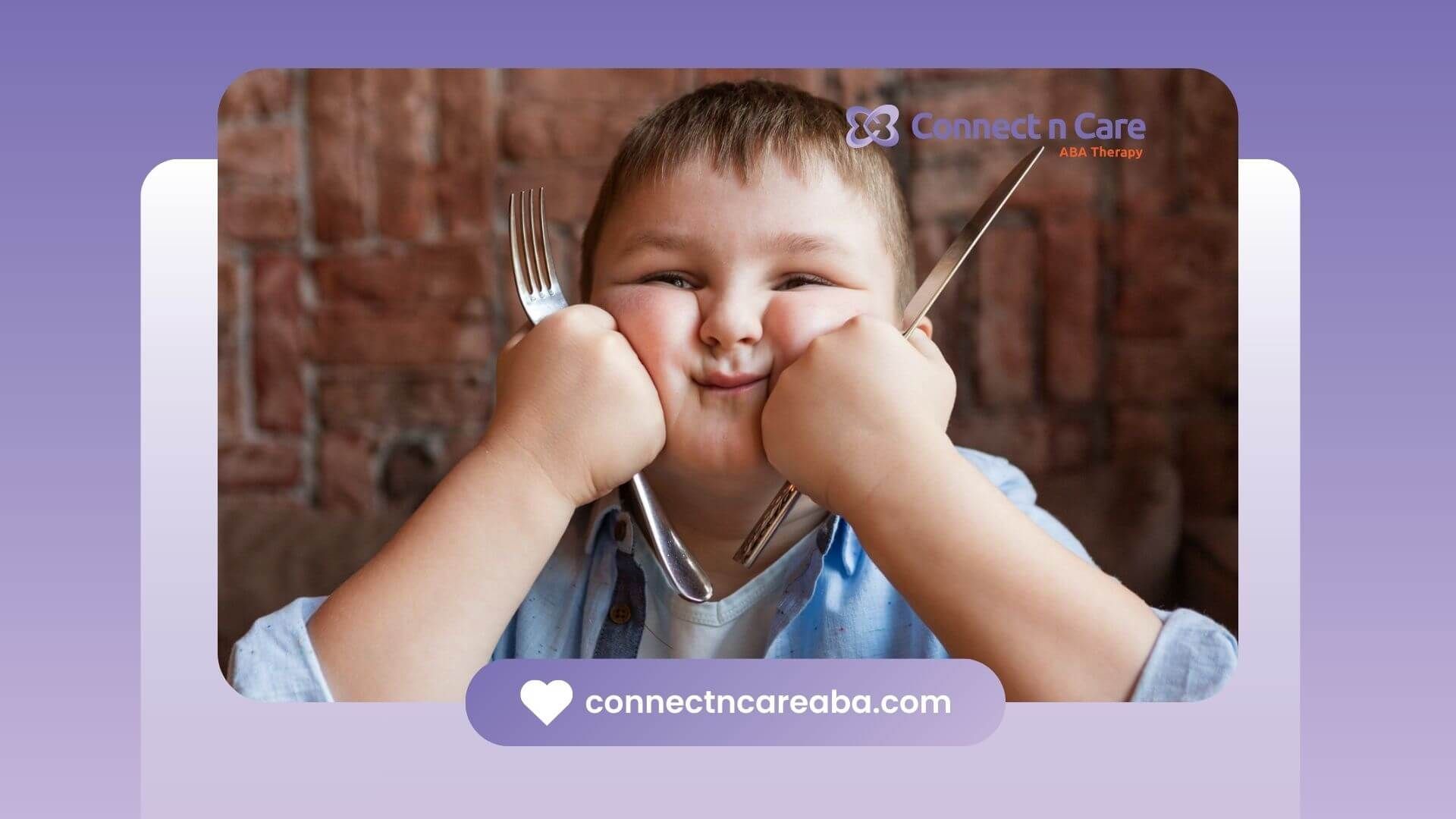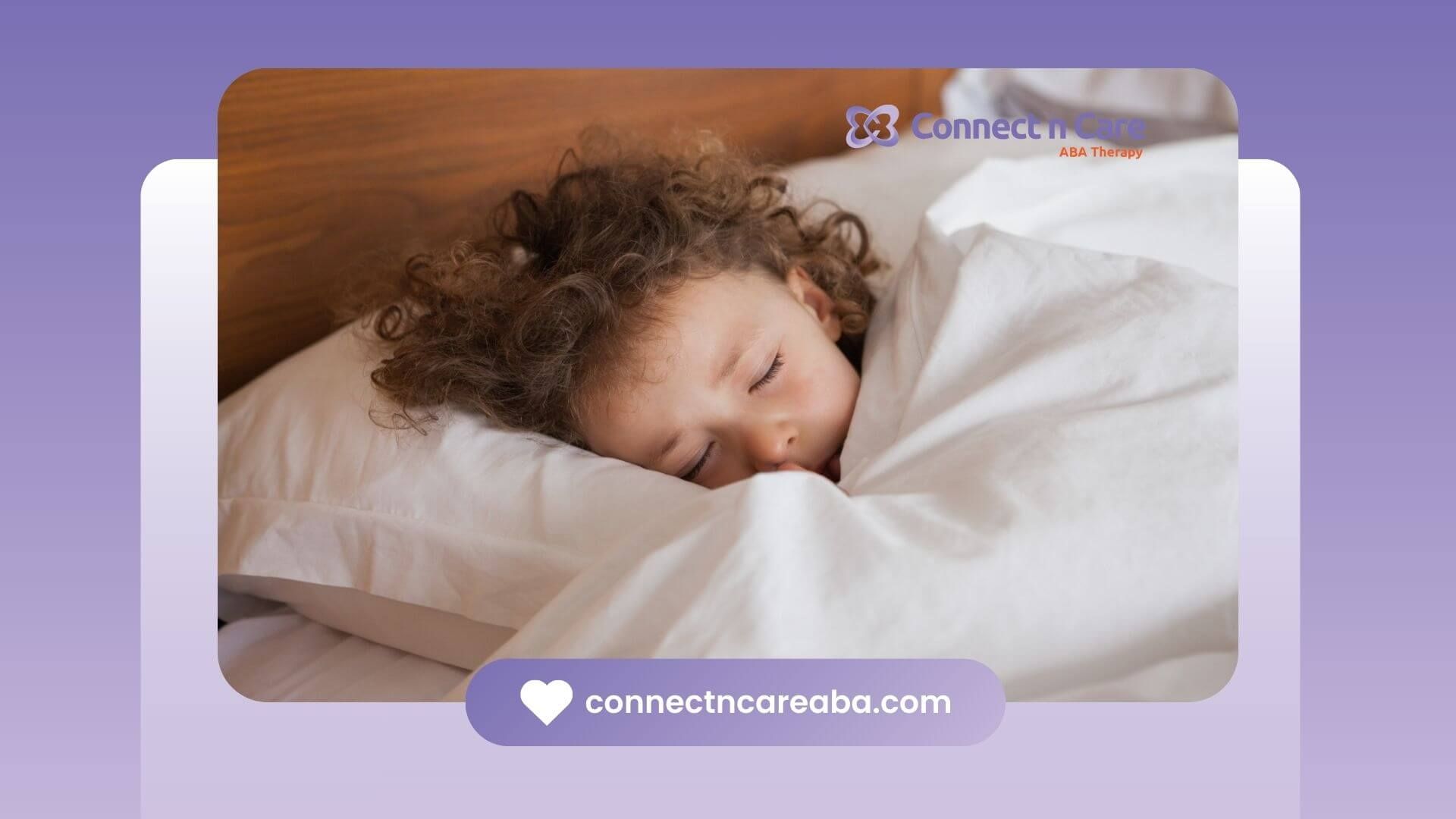When it comes to children with autism, attachment to parents can look different than in neurotypical children. While every child is unique, many parents of children with autism report that their kids may show strong attachments, often seeking comfort or reassurance from their caregivers.
However, these attachments may not always align with typical behaviors or be as outwardly expressive.
What Attachment Looks Like in Autistic Children
Autistic children can be deeply attached to their parents, but they may express this attachment in ways that differ from what is commonly expected.
For example, according to the National Institute of Mental Health (NIMH), children with autism may rely on their parents for emotional support but may struggle with showing affection or expressing it verbally. They might prefer routines or repetitive behaviors for comfort, leading to a unique form of attachment that can be misunderstood as less intense or less affectionate.
Interestingly, research suggests that children with autism can form secure attachments, though they might not demonstrate typical eye contact or physical affection. According to a study published in Autism Research, children with autism may form deep, trusting bonds with their parents, even if they don't show it in traditional ways, such as hugging or saying "I love you."
It’s important for parents to understand that attachment is a complex emotional process, and children with autism may express it differently. Patience, consistency, and understanding can foster secure bonds, even if the expressions of attachment are less conventional.
At Connect n Care, we offer:
These services are tailored to support the unique needs of each child, helping them build skills and develop positive relationships with their caregivers.
FAQs
1. Do children with autism show affection in the same way as neurotypical children?
Not always. While children with autism may show affection, it might not come in the typical form, like hugging or verbal expressions. They might show their attachment through actions or preferences for routines instead.
2. Can children with autism form strong attachments to their parents?
Yes, many children with autism form deep attachments to their parents, though they might not always express them in ways that are easily recognized.
3. How can parents support their child’s attachment needs?
By being patient, consistent, and offering comfort in a way that suits their child, parents can help nurture a secure attachment, even if it looks different from traditional expressions.









